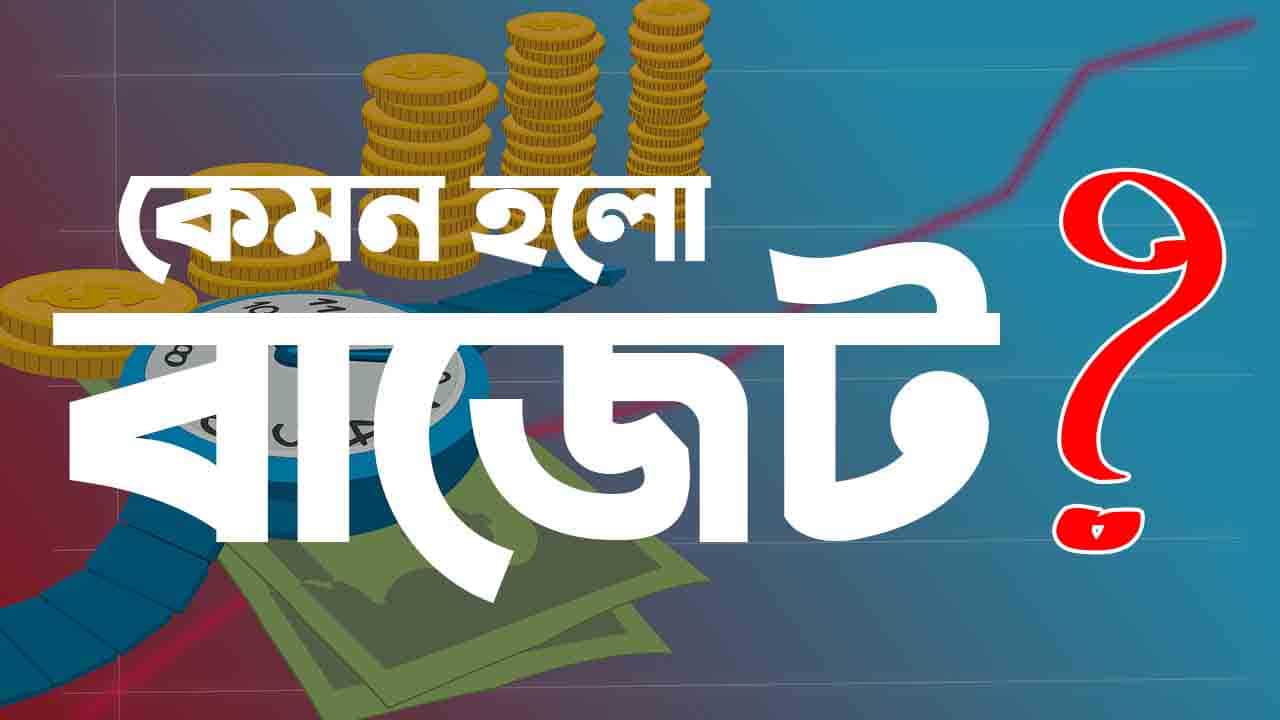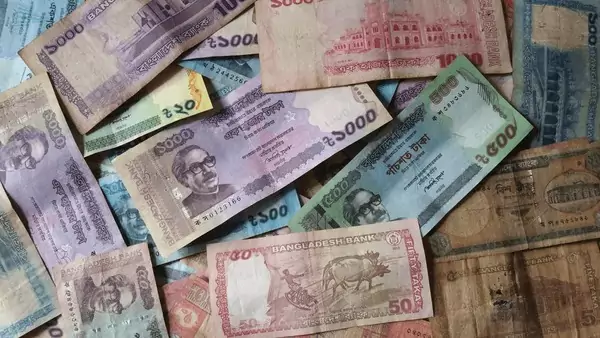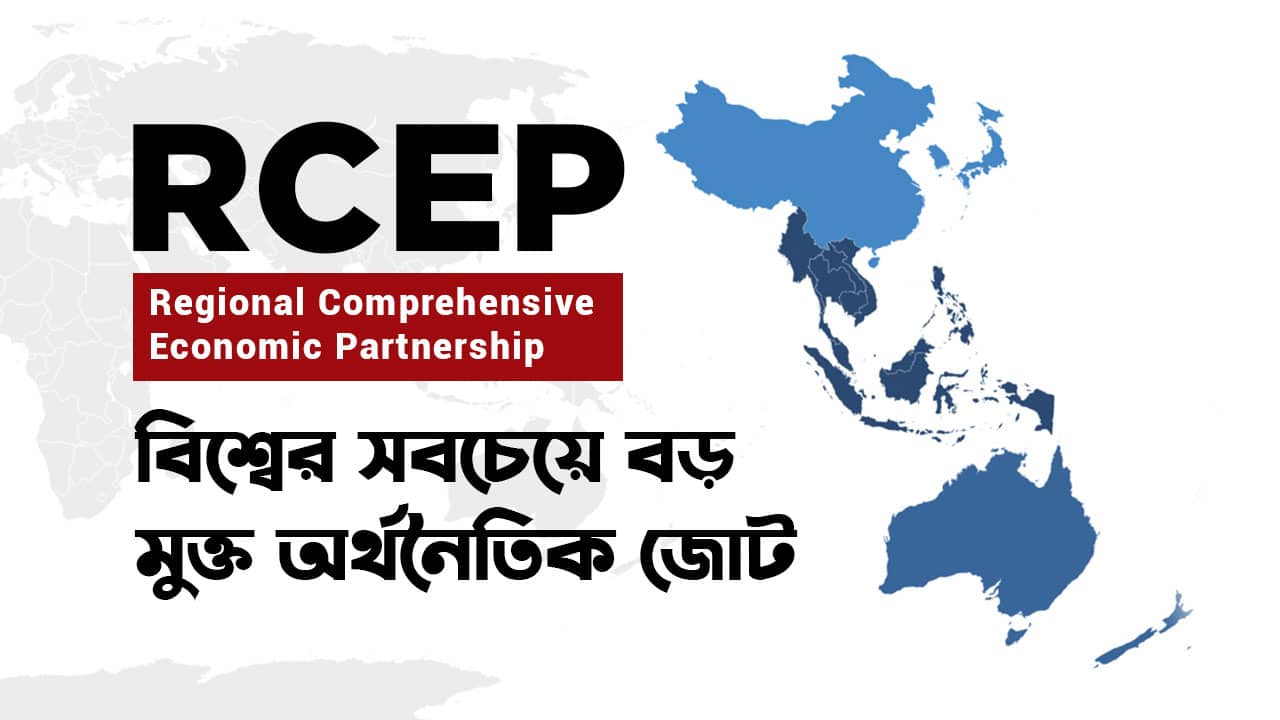Complete Guide to Life Insurance in Bangladesh: Protecting Your Loved Ones & Securing Your Future

Introduction: Why Life Insurance is Not a Luxury, But a Necessity in Bangladesh
In a rapidly developing nation like Bangladesh, where financial landscapes are constantly evolving and uncertainties are an inherent part of life, securing the future of your loved ones is paramount. We often plan for homes, education, and careers, but what about the unforeseen? What happens to your family’s financial stability if you’re no longer there to provide?
This is where life insurance steps in. More than just a policy, it’s a profound commitment to your family’s well-being, a safety net that catches them when life throws its toughest curveballs. For many in Bangladesh, the concept of life insurance is still evolving, sometimes shrouded in myths or perceived as an unnecessary expense.
This comprehensive guide is designed to demystify life insurance in Bangladesh. We will delve deep into its importance, explore the types of policies available, guide you through choosing the right one, explain the buying and claim processes, and arm you with all the information you need to make an informed decision. By the end of this post, you’ll understand why life insurance is one of the most critical investments you can make for a peaceful tomorrow.
Chapter 1: Why Life Insurance Matters in Bangladesh – Beyond Just Death Benefits
The primary purpose of life insurance is to provide financial security to your beneficiaries upon your demise. However, in the context of Bangladesh, its benefits extend far beyond this core function:
- Protecting Dependents from Income Loss: For most Bangladeshi families, the primary earner’s income is the backbone of their financial stability. Life insurance ensures that even in their absence, the family can maintain their standard of living, cover daily expenses, and achieve long-term goals.
- Debt Repayment: Mortgages, personal loans, business debts – these don’t disappear with the policyholder. Life insurance can ensure these liabilities are settled, preventing financial burden on surviving family members.
- Funding Future Milestones: Education for children, their marriage expenses, or even your spouse’s retirement – these are significant financial goals. A well-chosen life insurance policy, especially endowment or money-back plans, can act as a disciplined savings instrument to achieve these objectives.
- Critical Illness and Disability Coverage: Many modern life insurance policies in Bangladesh offer riders (add-ons) for critical illnesses (like cancer, heart attack, kidney failure) or permanent disability. This provides a lump sum payment if you’re diagnosed, covering expensive medical treatments and replacing lost income during recovery.
- Savings and Investment Component: Unlike pure term insurance, many popular policies in Bangladesh (like endowment and money-back plans) combine protection with a savings or investment element. This allows you to build a corpus over time, which you receive upon maturity if you survive the policy term.
- Tax Benefits: While tax laws can change, life insurance premiums often qualify for tax rebates in Bangladesh, and maturity/death benefits are typically tax-exempt, making it an attractive financial planning tool. (Always consult a tax advisor for the latest regulations).
- Peace of Mind: Perhaps the most intangible yet invaluable benefit. Knowing your family is protected, no matter what, provides immense peace of mind, allowing you to live your life with less worry.
Chapter 2: Decoding Life Insurance Policy Types in Bangladesh
The Bangladeshi market offers a variety of life insurance products, each designed to cater to different needs and financial goals. Understanding these types is crucial:
- Term Life Insurance:
- Concept: Pure protection. Pays a sum assured to your nominee if you pass away within a specified term (e.g., 10, 20, 30 years).
- Features: Lowest premiums for high coverage. No maturity benefit if you survive the term. No savings component.
- Best for: Individuals seeking maximum coverage at minimal cost, especially young professionals with dependents and high financial liabilities.
- Whole Life Insurance:
- Concept: Provides coverage for your entire life (typically up to age 90 or 100).
- Features: Builds a cash value over time, which you can borrow against or surrender for. Premiums are generally higher than term insurance.
- Best for: Those looking for lifelong coverage and a savings component that can be accessed later in life.
- Endowment Plans (Most Popular in Bangladesh):
- Concept: A combination of protection and savings. If you survive the policy term, you receive the sum assured plus accumulated bonuses. If you pass away during the term, your nominee receives the sum assured.
- Features: Guaranteed maturity benefit, disciplined savings, suitable for long-term goals.
- Best for: Individuals looking for both financial protection and a lump sum payout for specific future goals like retirement, children’s education, or marriage expenses.
- Money Back Plans (Highly Popular in Bangladesh):
- Concept: Similar to endowment plans, but with periodic payouts of a portion of the sum assured at regular intervals during the policy term. The remaining sum assured is paid upon maturity (if you survive) or to the nominee (in case of demise).
- Features: Provides liquidity through periodic payments, ensuring funds for intermediate financial needs alongside life cover.
- Best for: Those who need regular income streams or have recurring financial commitments alongside long-term savings and protection.
- Unit-Linked Insurance Plans (ULIPs):
- Concept: A hybrid product that combines life insurance with investment. A portion of your premium goes towards life cover, while the rest is invested in various market-linked funds (equity, debt, balanced).
- Features: Potential for higher returns (but also higher risk), flexibility to switch funds, transparency.
- Best for: Individuals willing to take market risks for potentially higher returns while simultaneously securing life cover.
- Child Plans:
- Concept: Designed to secure a child’s financial future, typically for education or marriage. The parent is usually the policyholder, and the child is the beneficiary.
- Features: Waiver of premium benefit (if the parent passes away or becomes disabled, future premiums are waived, but the policy continues).
- Best for: Parents planning for their children’s significant life events.
- Pension Plans / Retirement Plans:
- Concept: Aims to provide a steady income stream post-retirement. You pay premiums during your working years, and upon retirement, you receive regular payouts (annuity).
- Features: Long-term savings, ensures financial independence in old age.
- Best for: Individuals planning for a secure and dignified retirement.
Chapter 3: Key Features & Components of a Life Insurance Policy
Understanding these terms is crucial before signing on the dotted line:
- Sum Assured: The guaranteed amount your nominee will receive upon your death, or you receive upon maturity (for endowment/money-back plans).
- Premium: The amount you pay to the insurance company (monthly, quarterly, half-yearly, or annually).
- Policy Term: The duration of the insurance coverage.
- Nominee: The person(s) designated to receive the benefits in case of your demise. Crucially, in Bangladesh, a nominee is a trustee who holds the money for the legal heirs, not necessarily the sole beneficiary unless they are also the legal heir. It’s vital to update your nominee if circumstances change.
- Exclusions: Specific events or circumstances under which the policy will not pay out (e.g., suicide within the first year, death due to criminal activity). Always read this carefully.
- Grace Period: An extra period (typically 15 or 30 days) after the premium due date during which you can pay your premium without the policy lapsing.
- Lapse & Revival: If premiums are not paid within the grace period, the policy “lapses,” and coverage stops. Most policies can be “revived” within a specific period (e.g., 2 years) by paying overdue premiums with interest and sometimes undergoing a medical check-up.
- Surrender Value: The amount you receive if you decide to prematurely terminate your policy. This is usually very low in the initial years and only accrues after 2-3 years of premium payment.
- Loan Against Policy: For policies with a cash value (like whole life, endowment), you can often take a loan against your policy’s surrender value.
- Free Look Period: A period (usually 15 days from policy receipt) during which you can review the policy terms. If you’re not satisfied, you can return it and get a full refund of your premium.
- Riders/Add-ons: Optional benefits you can add to your base policy by paying an extra premium. Common riders include Critical Illness Rider, Accidental Death Benefit Rider, Permanent Total Disability Rider, Waiver of Premium Rider.
Chapter 4: Leading Life Insurance Companies in Bangladesh
Bangladesh boasts a vibrant life insurance sector, regulated by the Insurance Development & Regulatory Authority (IDRA). Here are some of the prominent players:
- MetLife Bangladesh: A global giant with a significant presence and a wide range of products. Known for strong financial backing and customer service.
- Delta Life Insurance Company Limited: One of the pioneers in Bangladesh’s private life insurance sector.
- Pragati Life Insurance Limited: A well-established company offering diverse insurance solutions.
- Fareast Life Insurance Company Limited: A reputable company with a focus on customer-centric services.
- National Life Insurance Company Limited: A leading insurer with a large customer base.
- Popular Life Insurance Company Limited: Another major player known for its comprehensive plans.
- Prime Life Insurance Company Limited: Offers a variety of life insurance products tailored to different needs.
- Rupali Life Insurance Company Limited: A growing presence in the market.
Important Note: While these are major players, the “best” company depends on your specific needs, the policy features, premium rates, and crucially, their claim settlement ratio and efficiency. Always research these factors when comparing.
Chapter 5: How to Choose the Right Life Insurance Policy in Bangladesh
This is where informed decision-making truly comes into play:
- Assess Your Financial Needs and Goals:
- Dependents: How many people rely on your income?
- Income Replacement: How many years of your income would your family need to replace? (Typically 10-15 times your annual income is a good starting point for sum assured).
- Debts: Do you have outstanding loans (home, personal, business)?
- Future Goals: Children’s education, marriage, your retirement, specific lump sums needed.
- Existing Savings/Investments: Factor in what you already have.
- Determine Your Budget: How much can you comfortably afford to pay as premiums without straining your monthly finances? Remember, consistent payments are key.
- Understand the Policy Types: Based on Chapter 2, decide which type aligns best with your primary objective – pure protection (Term), savings with protection (Endowment/Money Back), or investment potential (ULIP).
- Compare Companies and Plans:
- Premium Rates: Get quotes for similar sum assured and policy terms from different companies.
- Benefits and Features: Look beyond the basic death benefit. Compare riders, maturity benefits, bonus rates (for participating policies), and flexibility options.
- Claim Settlement Ratio (CSR): This is perhaps the most critical factor. A higher CSR indicates that the company efficiently processes claims. While IDRA regulates this, look for companies with a consistently good track record. This information is often published by IDRA or available from the companies themselves.
- Customer Service & Network: How accessible is the company’s customer service? Do they have branches near you?
- Read the Fine Print (Policy Document): Don’t skip this. Understand all terms, conditions, exclusions, and clauses. If anything is unclear, ask for clarification.
- Seek Professional Advice: Consider consulting a reputable insurance agent or financial advisor. They can help you analyze your needs and navigate the complexities of different policies.
Chapter 6: The Life Insurance Buying Process in Bangladesh
Buying a life insurance policy is a straightforward process:
- Consultation & Needs Analysis: Meet with an insurance agent or visit a company branch. Discuss your needs, financial situation, and future goals.
- Application Form: Fill out a detailed application form, providing accurate personal, financial, and health information. Any misrepresentation can lead to claim rejection later.
- Document Submission: Typically, you’ll need:
- National ID (NID) or Passport copy
- Recent passport-sized photographs
- Proof of income (salary slip, trade license, bank statements, etc.)
- Medical examination reports (if required by the insurer based on age, sum assured, or health declaration).
- Medical Examination (If Applicable): For higher sum assured or certain age groups, the insurer might require a medical check-up to assess your health risk.
- Premium Payment: Make your first premium payment.
- Policy Issuance: Once the application is approved and the first premium is received, the policy document will be issued to you. Remember the “Free Look Period” here.
Chapter 7: Making a Claim: A Step-by-Step Guide for Nominees
This is the moment of truth for any life insurance policy. A smooth claim process is vital for the grieving family.
- Inform the Insurer Immediately: Notify the insurance company as soon as possible after the death of the policyholder. Most companies have a specific claims department or a designated contact point.
- Gather Necessary Documents: The insurer will provide a list, but common documents include:
- Original Policy Document
- Death Certificate of the policyholder (issued by appropriate authority)
- Nominee’s National ID (NID) copy
- Nominee’s Bank Account Details
- Medical Certificates/Reports related to the cause of death (if applicable)
- First Information Report (FIR) and Post-mortem Report (in case of accidental or unnatural death)
- Witness statements (if required)
- Duly filled Claim Form provided by the insurer.
- Submit the Claim: Submit all required documents to the insurance company. Keep copies of everything for your records.
- Claim Processing: The insurer will verify the documents and information provided. This process can take a few weeks. They may conduct an investigation if needed.
- Claim Disbursement: Once approved, the sum assured will be disbursed to the nominee’s bank account.
Crucial Advice for Nominees:
- Do not delay in notifying the insurer.
- Provide accurate and complete information.
- Cooperate fully with any investigations by the insurer.
- Ensure all premiums were paid up to date by the policyholder.
Chapter 8: The Regulatory Framework: IDRA Bangladesh
The Insurance Development & Regulatory Authority (IDRA) of Bangladesh is the central body responsible for regulating, promoting, and developing the insurance industry in the country. Its key roles include:
- Licensing and Regulation: Issuing licenses to insurance companies and ensuring they operate within the stipulated laws and guidelines.
- Policyholder Protection: Safeguarding the interests of policyholders by ensuring fair practices, transparent operations, and efficient grievance redressal mechanisms.
- Financial Stability: Monitoring the financial health and solvency of insurance companies to ensure they can meet their obligations.
- Market Development: Promoting the growth and development of the insurance sector.
If you have any grievances against an insurance company that cannot be resolved directly, IDRA is the authority to approach.
Chapter 9: Common Myths About Life Insurance in Bangladesh – Busted!
Despite its importance, life insurance often faces common misconceptions in Bangladesh:
- Myth 1: “I’m young and healthy, I don’t need life insurance.”
- Reality: This is precisely the best time to buy! Premiums are significantly lower when you’re young and healthy, and you lock in those rates. Life is unpredictable at any age.
- Myth 2: “It’s too expensive.”
- Reality: While some plans can be, term insurance offers substantial coverage for very affordable premiums. There’s a policy for almost every budget.
- Myth 3: “Life insurance is a waste of money if I don’t die.”
- Reality: This reflects a misunderstanding of its core purpose. It’s about protecting your family financially if you do die prematurely. Also, endowment and money-back plans provide maturity benefits, so you get something back even if you survive.
- Myth 4: “Claims are difficult to get.”
- Reality: While documentation is required, legitimate claims are settled by reputable companies. High claim settlement ratios are a testament to this. Issues often arise from misrepresentation during application or incomplete documentation.
- Myth 5: “It’s only for the rich.”
- Reality: Life insurance is for anyone with financial dependents or future financial goals. Even a modest policy can make a significant difference to a family.
- Myth 6: “My nominee will automatically get the money.”
- Reality: In Bangladesh, a nominee is generally considered a trustee for the legal heirs. The nominee receives the funds but must distribute them according to Sharia law or other applicable personal laws, unless the legal heirs expressly agree otherwise or the policy clearly specifies the nominee as the absolute beneficiary (which is less common in traditional policies). Consult legal advice for clarity on specific cases.
Conclusion: Invest in Peace of Mind Today
Life insurance is more than just a financial product; it’s a profound declaration of love and responsibility towards your family. In Bangladesh’s dynamic environment, it offers a stable anchor against life’s uncertainties, ensuring your loved ones can pursue their dreams, maintain their dignity, and face the future with confidence, even in your absence.
Don’t wait for a crisis to realize its importance. Take the proactive step today. Research, compare, and choose a policy that fits your unique needs. By doing so, you’re not just buying insurance; you’re buying peace of mind for yourself and an enduring legacy of protection for those who matter most.
Frequently Asked Questions (FAQs) About Life Insurance in Bangladesh
Q1: What is the minimum and maximum age to get life insurance in Bangladesh? A1: Typically, the minimum entry age is 18 years, and the maximum entry age can vary from 55 to 65 years, depending on the policy and insurer. Coverage usually extends up to 70-80 years, or even 100 for whole life policies.
Q2: Are life insurance premiums tax-deductible in Bangladesh? A2: Yes, generally, life insurance premiums paid in Bangladesh qualify for tax rebates under specific sections of the Income Tax Ordinance. The maturity benefit/death benefit is also usually tax-exempt. However, it’s always advisable to consult a tax professional for the most current regulations.
Q3: Can a non-resident Bangladeshi (NRB) buy life insurance in Bangladesh? A3: Yes, many Bangladeshi insurance companies offer policies for NRBs. The process may involve slightly different documentation requirements and premium payment methods (e.g., through foreign currency accounts or NITA accounts).
Q4: What happens if I stop paying premiums? A4: Your policy will typically enter a grace period (15 or 30 days). If premiums are still not paid, the policy will “lapse,” and coverage will cease. Depending on the policy type and how long you’ve paid, it might acquire a “paid-up value” (reduced sum assured) or a “surrender value.”
Q5: How important is the Claim Settlement Ratio (CSR)? A5: Extremely important. A high CSR (e.g., 95%+) indicates that the insurance company efficiently processes and pays out claims. It reflects the company’s reliability and commitment to its policyholders, which is crucial during a sensitive time for the nominee. Always check the IDRA website or reputable financial news sources for companies’ CSR data.
Also Read: ব্লু ইকোনমি কি এবং বাংলাদেশের সম্ভাবনা



